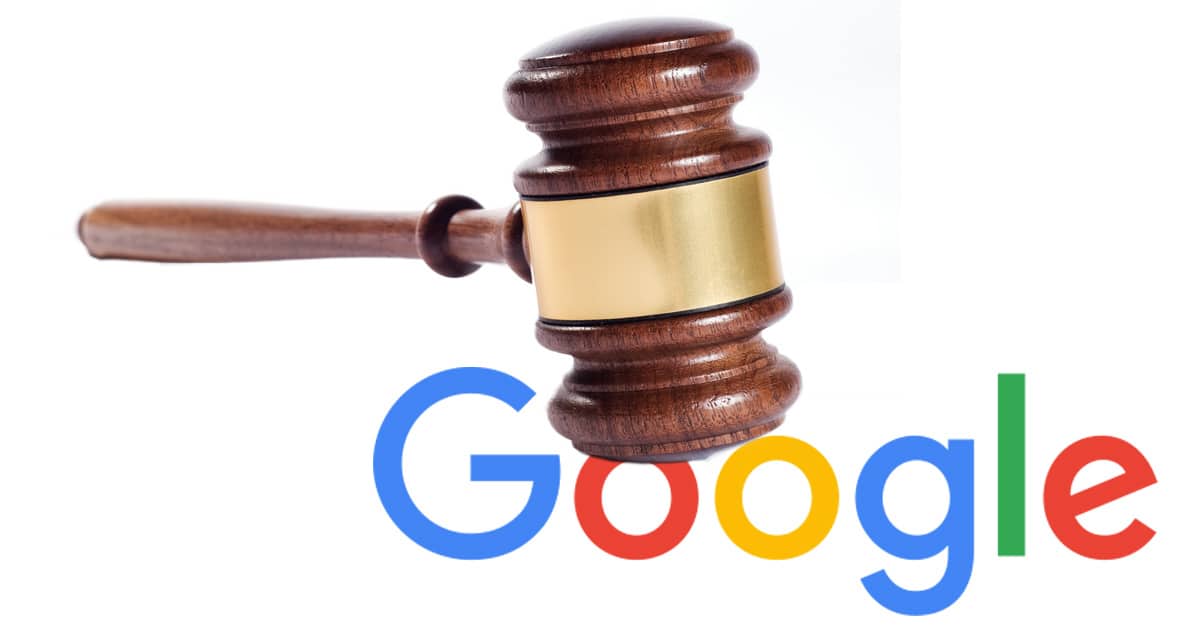The U.S. government on Tuesday filed an antitrust lawsuit against Google, Reuters reported. It alleges that the search giant used its market power to repel advances by rivals.
More lawsuits could be in the offing since probes by state attorneys general into Google’s broader businesses are under way, as well as an investigation of its broader digital advertising businesses. A group of attorneys general led by Texas is expected to file a separate lawsuit focused on digital advertising as soon as November, while a group led by Colorado is contemplating a more expansive lawsuit against Google. The lawsuit comes more than a year after the Justice Department and Federal Trade Commission began antitrust investigations into four big tech companies: Amazon.com Inc , Apple Inc, Facebook Inc and Google. Seven years ago, the FTC settled an antitrust probe into Google over alleged bias in its search function to favor its products, among other issues. The settlement came over the objections of some FTC staff attorneys. Google has faced similar legal challenges overseas.
Check It Out: Google Faces U.S. Government Antitrust Lawsuit

Charlotte:
I should have added to the above that, according to the WSJ https://apple.news/Aw0Ca5ta-QPG7jz2qqKNl3g, Google’s exclusive search deal with Apple, ie Google search being the default search engine on the iPhone, lies at the heart of this lawsuit, and given the prime lucrative nature of the iPhone ecosystem, this is seen as disadvantaging the competition, despite most smartphone not being iPhones. This, in my layperson’s estimation, smacks less of anti-trust related to market dominance than it does to profit share, but I may well be corrected by my wife who specialises in this area, and helped to write many of these regulations.
In the meantime, and in my remaining unrepentant moments, I’ll further point out that, according to the Journal, Apple and Google will fight this as one company. Interesting. Perhaps there remains an Apple shoe to drop from the US DOJ.
Charlotte:
This is what one might have expected to follow hard on the heels of the recent US Congressional hearings regarding big tech and antitrust; a predictable, reactionary, company-specific complaint about a specific practice or class of practices that will likely result in a company-specific response but might or might not result in broader legislation affecting the industry, nor any quantifiable likelihood of addressing any of the major big tech practices related to antitrust violation in meaningful order of priority.
Don’t misunderstand, Google no doubt had it coming, but whether or not this response is well-aimed, or will result in substantive industry reform remains to be seen. These are not the same outcomes, nor do they necessarily have the same impacts on consumers.
What is unclear, and unlikely from this administration given its largely ad hoc and uncoordinated approach to most things legislative and economic (again, see Michael Lewis’ The Fifth Risk’ for a detailed litany of such missed opportunities), is that there is any coherent strategy, in which this lawsuit forms an initial but organised, evidence-based and coordinated strategy of broad reform. Nor have there any signs that the Legislative Branch are fairing any better in their follow-on to their hearings with anything approaching comprehension of, let alone coherent responsiveness to, the key issues affecting anti-trust in the tech sector – which, shock of all shocks, is not a monolith but distinct business models with distinct if not unique challenges operating in a vacuum of relevant legislation, oversight and regulation. And all this without even addressing the issue of personal data ownership, security and privacy – quaint though such trivia be.
And while it mightn’t be reasonable or even fair to expect legislators who will ask Mark Zuckerberg, the FB CEO, why their iPhone (from Apple – a different company and unrelated to FB) leaves them perplexed and befuddled, it does beg the question as to why legislators continue to rely on a 19th – 20th Century approach to fact-finding and legislative response to uniquely 21st Century problems; and why, when most military and intelligence agencies incorporate AI/ML (augmented intelligence/machine learning) assets in threat identification and mitigation responses, legislators are not doing the same in order to come up with a comprehensive, forward thinking and ultimately primary-preventive approach to threat mitigation in big tech-specific antitrust potential.
One can only hope that this is but a temporary but remedial lag, inherent in the inertia of representative government, that will be remedied by replacement of an old guard with fresh blood and ‘a new generation’ (to quote JFK) steeped in modern tech and ready, nay eager, to not simply patch some digital potholes, but pave some new roads. Metaphorically speaking.